From Wampeters, Foma and Granfalloons, 1979
THERE is a “Kingdom of Biafra” on some old maps which were made by early white explorers of the west coast of Africa. Nobody is now sure what that kingdom was, what its laws and arts and tools were like. No tales survive of the kings and queens.
As for the “Republic of Biafra” we know a great deal. It was a nation with more citizens than Ireland and Norway combined. It proclaimed itself an independent republic on May 30, 1967. On January 17 of 1970, it surrendered unconditionally to Nigeria, the nation from which it had tried to secede. It had few friends in this world, and among its active enemies were Russia and Great Britain. Its enemies were pleased to call it a “tribe.”
Some tribe.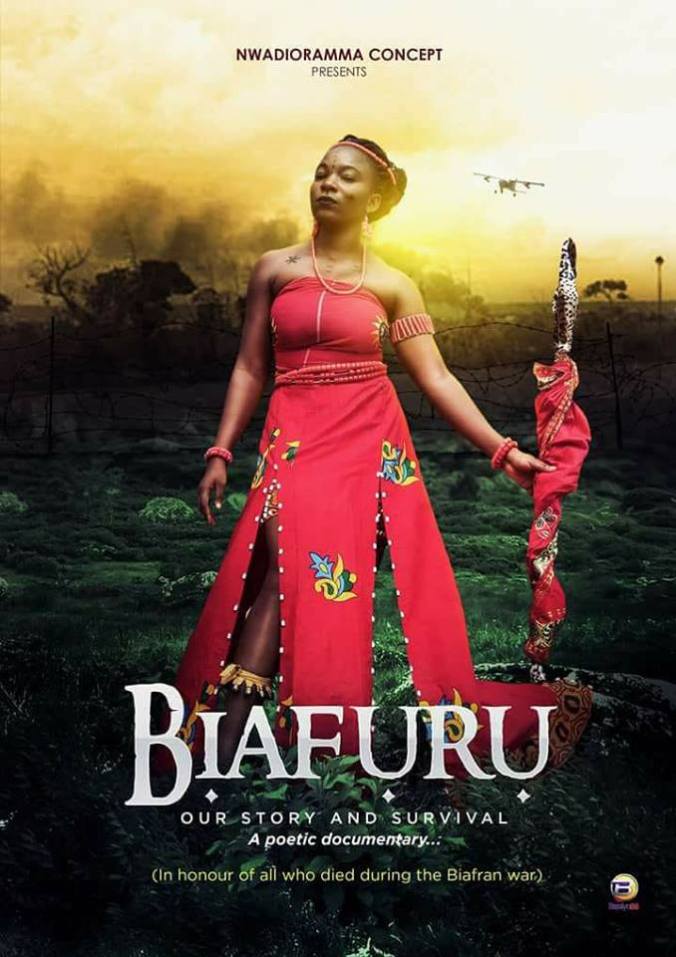
The Biafrans were mainly Christians and they spoke English melodiously, and their economy was this one: small-town free enterprise. The worthless Biafran currency was gravely honored to the end.
The tune of Biafra’s national anthem was Finlandia, by Jan Sibelius. The equatorial Biafrans admired the arctic Finns because the Finns won and kept their freedom in spite of ghastly odds.
Biafra lost its freedom, of course, and I was in the middle of it as all its fronts were collapsing. I flew in from Gabon on the night of January 3, with bags of corn, beans, and powdered milk, aboard a blacked out DC6 chartered by Caritas, the Roman Catholic relief organization. I flew out six nights later on an empty DC4 chartered by the French Red Cross. It was the last plane to leave Biafra that was not fired upon.
While in Biafra, I saw a play which expressed the spiritual condition of the Biafrans at the end. It was set in ancient times, in the home of a medicine man. The moon had not been seen for many months, and the crops had failed. There was nothing to eat anymore. A sacrifice was made to a goddess of fertility, and the sacrifice was refused. The goddess gave the reason: The people were not sufficiently unselfish and brave.
Before the drama began, the national anthem was played on an ancient marimba. It seems likely that similar marimbas were heard in the court of the Kingdom of Biafra. The black man who played the marimba was naked to the waist. He squatted on the stage. He was a composer. He also held a doctor’s degree from the London School of Economics.
Some tribe.
I went to Biafra with another novelist, my old friend Vance Bourjaily, and with Miss Miriam Reik, who would be our guide. She was head of a pro-Biafran committee that had already flown several American writers into Biafra. She would pay our way.
I met her for the first time at Kennedy Airport. We were about to take off for Paris together. It was New Year’s Day. I bought her a drink, though she protested that her committee should pay, and I learned that she had a doctor’s degree in English literature. She was also a pianist and a daughter of Theodor Reik, the famous psychoanalyst.
Her father had died three days before.
I told Miriam how sorry I was about her father, said how much I’d liked the one book of his I had read, which was Listening with the Third Ear.
He was a gentle Jew, who got out of Austria while the getting was good. Another well-known book of his was Masochism in Modern Man.
And I asked her to tell me more about her committee, whose beneficiary I was, and she confessed that she was it: It was a committee of one. She is a tall, good-looking woman, by the way, thirty-two years old. She said she founded her own committee because she grew sick of other American organizations that were helping Biafra. Those organizations teemed with people ‘who were kinky with guilt’, she said. They were trying to dump some of that guilt by being maudlinly charitable. As for herself; she said, it was the greatness of the Biafran people, not their pitifulness that turned her on.
She hoped the Biafrans would get more weapons from somebody, the very latest in killing machines. She was going into Biafra for the third time in a year. She wasn’t afraid of anything. Some committee.
I admire Miriam, though I am not grateful for the trip she gave me. It was like a free trip to Auschwitz when the ovens were still going full blast. I now feel lousy all the time.
I will follow Miriam’s example as best I can. My main aim will not be to move readers to voluptuous tears with tales about innocent black children dying like flies, about rape and looting and murder and all that. I will tell instead about an admirable nation that lived for less than three years.
De mortuis nil nisi bonum. Say nothing but good of the dead.
I asked a Biafran how long his nation had existed so far, and he replied, “Three Christmases, and a little bit more.” He wasn’t a hungry baby. He was a hungry man. He was a living skeleton, but he walked like a man.
Miriam Reik and I picked up Vance Bouijaily in Paris, and we flew down to Gabon and then into Biafra. The only way to get into Biafra was at night by air. There were only eight passenger seats at the rear of the cabin. The rest of the cabin was heaped with bags of food. The food was from America.
We flew over water, there were Russian trawlers below. They were monitoring every plane that came into Biafra. The Russians were helpful in a lot of ways: They gave the Nigerians Ilyushin bombers and MIGs and heavy artillery. And the British gave the Nigerians artillery too and advisers, and tanks and armored cars, and machine guns and mortars and all that, and endless ammunition.
America was neutral.
When we got close to the one remaining Biafran airport, which was a stretch of highway, its lights came on. It was a secret. Its lights resembled two rows of glowworms. The moment our wheels touched the runway, the runway lights went out and our plane’s headlights came on. Our plane slowed down, pulled off the runway, killed its lights, and then everything was pitch black again. There were only two white faces in the crowd around our plane. One was a Holy Ghost Father. The other was a doctor from the French Red Cross. The doctor ran a hospital for the children who were suffering from kwashiorkor, the pitiful children who had no protein.
Father.
Doctor.
As I write, Nigeria has arrested all the Holy Ghost Fathers, who stayed to the end with their people in Biafra.
The priests were mostly Irishmen. They were beloved. Whenever they built a church, they also built a school. Children and simple men and women thought all white men were priests, so they would often beam at Vance or me and say, “Hello, Father.” The Fathers are now being deported forever. Their crime: compassion in time of war. We were taken to the Frenchman’s hospital the next morning, in a chauffeur-driven Peugeot. The name of the village itself sounded like the wail of a child: AwoOmama.
I said to an educated Biafran, “Americans may not know much about Biafra, but they know about the children.”‘ We’re grateful,” he replied, “but I wish they knew more than that. They think we’re a dying nation. We aren’t. We’re an energetic, modern nation that is being born! We have doctors. We have hospitals. We have public-health programs. If we have so much sickness, it is because our enemies have designed every diplomatic and military move with one end in mind — that we starve to death.”
About kwashiorkor: It is a rare disease, caused by a lack of protein. Its cure has been easy, until the blockading of Biafra.
The worst sufferers there were the children of refugees, driven from their homes, then driven off the roads and into the bush by MIGs and armored columns. The Biafrans weren’t jungle people. They were village people—farmers and professionals and clerks and businessmen. They had no weapons to hunt with. Back in the bush, they fed their children whatever roots and fruit they were lucky enough to find. At the end, a very common diet was water and thin air. So the children came down with kwashiorkor, no longer a rare disease. The child’s hair turned red. His skin split like the skin of a ripe tomato. His rectum protruded. His arms and legs were like lollipop sticks.
Vance and Miriam and I waded through shoals of children like those at Awo-Omama. We discovered that if we let our hands dangle down among the children, a child would grasp each finger or thumb—five children to a hand. A finger from a stranger, miraculously, would allow a child to stop crying for a while.
A MIG came over, fired a few rounds, didn’t hit anything this time, though the hospital had been hit often before. Our guide guessed that the pilot was an Egyptian or an East German.
I asked a Biafran nurse what sort of supplies the hospital was most in need of.
Her answer: “Food.”
Biafra had a George Washington — for three Christmases and a little bit more. He was and is Odumegwu Ojukwu. Like George Washington, General Ojukwu was one of the most prosperous men of his place and time. He was a graduate of Sandhurst, Britain’s West Point. The three of us spent an hour with him. He shook our hands at the end. He thanked us for coming. “If we go forward, we die,” he said. “If we go backward, we die. So we go forward.” He was ten years younger than Vance and me. I found him perfectly enchanting. Many people mock him now. They think he should have died with his troops.
Maybe so.
If he had died, he would have been one more corpse in millions.
He was a calm, heavy man when we met him. He chainsmoked. Cigarettes were worth a blue million in Biafra. He wore a camouflage jacket, though he was sitting in a cool living room in a velveteen easy chair. “I should warn you,” he said, “we are in range of their artillery.” His humor was gallows humor, since everything was falling apart around his charisma and air of quiet confidence. His humor was superb. Later, when we met his second-in-command, General Philip Effiong, he, too, turned out to be a gallows humorist. Vance said this: “Effiong should be the Number two man. He’s the second funniest man in Biafra.”
Jokes.
Miriam was annoyed by my conversation at one point, and she said scornfully, “You won’t open your mouth unless you can make a joke.” It was true. Joking was my response to misery I couldn’t do anything about. The jokes of Ojukwu and Effiong had to do with the crime for which the Biafrans were being punished so hideously by so many nations. The crime: They were attempting to become a nation themselves. “They call us a dot on the map,” said General Ojukwu, “and nobody’s sure quite where.” Inside that dot were 700 lawyers, 500 physicians, 300 engineers, 8 million poets, 2 novelists of the first rank, and God only knows what else — about one-third of all the black intellectuals in Africa. Some dot. Those intellectuals had once fanned out all over Nigeria, where they had been envied and lynched and massacred. So they retreated to their homeland, to the dot. The dot has now vanished. Hey, presto.
When we met General Ojukwu, his soldiers were going into battle with thirty-five rounds of rifle ammunition. There was no more where that came from. For weeks before that, they had been living on one cup of gari a day. The recipe for gari is this: Add water to pulverized cassava root. Now the soldiers didn’t even have gari anymore. General Ojukwu described a typical Nigerian attack for us: “They pound a position with artillery for twenty-four hours, then they send forward one armored car. If anybody shoots at it, it retreats, and another twenty-four hours of bombardment begins. When the infantry moves forward, they drive a screen of refugees before them.”
We asked him what was becoming of the refugees now in Nigerian hands. He had no jokes on this subject. He said leadenly that the men, women, and children were formed into three groups, which were led away separately. “Your guess is as good as mine,” he said, “as to what happens after that,” and he paused. Then he finished the sentence: “To the men and the women and the children.” We were given private rooms and baths in what had been a teachers’ college in Owerri, the capital of Biafra. The town had been captured by the Nigerians, and then, in the one great Biafran victory of the war, recaptured by the Biafrans. We were taken to a training camp near Owerri. The soldiers had no live ammunition. In mock attacks, the riflemen shouted, “Bang!” The machine gunners shouted, “Bup-bup-bup!”And the officer who showed us around, also a graduate of Sandhurst, said, “There wouldn’t be all this fuss, you know, if it weren’t for the petroleum.” He was speaking of the vast oil field beneath our feet. We asked him who owned the oil, and I expected him to say ringingly that it was the property of the Biafran people now. But he didn’t.
“We never nationalized it,” he said. “It still belongs to British Petroleum and Shell.” He wasn’t bitter. I never met a bitter Biafran. General Ojukwu gave us a clue, I think, as to why the Biafrans were able to endure so much so long without bitterness: They all had the emotional and spiritual strength that an enormous family can give. We asked the general to tell us about his family, and he answered that it was three thousand members strong. He knew every member of it by face, by name, and by reputation. A more typical Biafran family might consist of a few hundred souls. And there were no orphanages, no old people’s homes, no public charities and, early in the war, there weren’t even schemes for taking care of refugees. The families took care of their own, perfectly naturally. The families were rooted in land. There was no Biafran so poor that he did not own a garden.
Lovely.
Families met often, men and women alike, to vote on family matters. When war came, there was no conscription. The families decided who should go. In happier times, the families voted on who should go to college to study what and where. Then everybody chipped in for clothes and transportation and tuition. The first person from the area to be sponsored by his family all the way through graduate school was a physician, who received his doctor’s degree in 1938. Thus began a mania for higher education of all kinds. This mania probably did more to doom the Biafrans than any quantity of petroleum. When Nigeria became a nation in 1960, formed from two British colonies, Biafra was part of it—-and Biafrans got the best jobs in industry and the civil service and the hospitals and the schools, because they were so well educated. They were hated for that—perfectly naturally. It was peaceful in Owerri at first. It took us a few days to catch on: Not only Owerri but all of Biafra was about to fall. Even as we arrived, government offices nearby were preparing to move. I learned something: Capitals can fall almost silently. Nobody warned us. Everybody we talked to smiled. And the smile we saw most frequently belonged to Dr. B. N. Unachukwu, the chief of protocol in the Ministry of Affairs. Think of that: Biafra was so poor in allies at the end that the chief of protocol had nothing better to do than woo two novelists and an English teacher, He made lists of appointments we had with ministers and writers and educators and so on. He sent around a car each morning, with a chauffeur and guide. And then we caught on: His smile and everybody’s smile was becoming slightly sicker with each passing day. On our fifth day in Biafra, there was no Dr. Unachukwu, no chauffeur, and no guide.
We waited and waited on our porches. Chinua Achebe, the young novelist, came by. We asked him if he had any news. He said he didn’t listen to news anymore. He didn’t smile. He seemed to be listening to something melancholy and maybe beautiful, far far away. I had a novel of his, Things Fall Apart He autographed it for me. “I would invite you to my house,” he said, “but we don’t have anything.” A truck went by, loaded with office furniture. All the trucks had names painted on their sides. The name of that one was Slow to Anger. “There must be some news,” I insisted.
“News?” he echoed. He thought. Then he said dreamily, “They have just found a mass grave outside the prison wall.” There had been a rumor, he explained, that the Nigerians had shot a lot of civilians while they’d held Owerri. Now the graves had been found. “Graves,” said Chinua Achebe. He found them uninteresting.
“What are you writing now?” said Miriam.
“Writing?” he said. It was obvious that he wasn’t writing anything, that he was simply waiting for the end. “A dirge in Ibo,” he said. Ibo was his native tongue.
An extraordinarily pretty girl named Rosemary Egonsu Ezirim came over to introduce herself. She was a zoologist. She had been working on a project that hoped to turn the streams into fish hatcheries. “The project has been suspended temporarily,” she said, “so I am writing poems.”
“All projects have been suspended temporarily,” said Chinua, “so we are all writing poems.”
Leonard Hall, of the Manchester Guardian, stopped by. He said, “You know, the closest parallel to what Biafra is going through was the Jews in the Warsaw ghetto.” He was right. The Jews of Warsaw understood that they were going to get killed, no matter what they did, so they died fighting.
The Biafrans kept telling the outside world that Nigeria wanted to kill them all, but the outside world was unimpressed.
“It’s hard to prove genocide,” said Hall. “If some Biafrans survive, then genocide hasn’t been committed. If no Biafrans survive, who will complain?”
A male refugee came up to us, rubbed his belly with one hand, begged with the other. He rolled his eyes.
“No chop,” we said. That meant, “No food.” That was what one said to beggars. Then a healthy girl offered us a quart of honey for three pounds., As I’ve already said, the economy was free enterprise to the end.
It was a lazy day.
We asked Rosemary about a round, bright-orange button she was wearing. “Daughters of Biafra,” it said. “Wake! March!” In the middle was a picture of a rifle.
Rosemary explained that Daughters of Biafra supported the troops in various ways, comforted the wounded, and practiced guerrilla warfare. “We go up into the front lines when we can,” she said. “We bring the men small presents. If they haven’t been doing well, we scold them, and they promise to do better. We tell them that they will know when things are really bad, because the women will come into the trenches to fight. Women are much stronger and braver than men.”
Maybe so.
“Chinua, what can we send you when we get back home?” said Vance.
And Chinua said, “Books.”
“Rosemary,” I said, “where do you live?”
“In a dormitory room not far from here. Would you like to see it?” she said.
So Vance and I walked over there with her, to stretch our legs. On the way, we marveled at a squash court built of cement block—built, no doubt, in colonial times. It had been turned into a Swiss cheese by armor-piercing cannon shells. There was a naked child in the doorway, and her hair was red. She seemed very sleepy, and the light hurt her eyes.
“Hello, Father,” she said.
All of Owerri seemed out for a walk on either side of the street in single file. The files moved in opposite directions and circulated about the town. There was no place in particular for most of us to go. We were simply the restless center of the dot on the map called Biafra, and the dot, was growing smaller all the time.
We strolled past a row of neat bungalows. Civil servants lived there. Each house had a car out front, a VW, an Opel, a Peugeot.
There was plenty of gasoline, because the Biafrans had built cunning refineries in the bush. There weren’t many storage batteries, though. Most private cars had to be started by pushing.
Outside one bungalow was an Opel station wagon with its back full of parcels and with a bed and a baby carriage tied on top. The man of the house was testing the knots he’d tied, while his wife stood by with the baby in her arms. They were going on a family trip to nowhere. We gave them a push.
A soldier awarded Vance and me a salute and a dazzling smile. “Comment ça pa?” he said. He supposed we were Frenchmen. He liked us for that. France had slipped a few weapons to Biafra. So had Rhodesia and South Africa, and so had Israel, I suspect.
“We will accept help from anyone,” General Ojukwu told us, “no matter what their reasons are for giving it. Wouldn’t you?”
Rosemary lived in a twelve-by-twelve dormitory room with her five younger brothers and sisters, who had come to see her over the Christmas holidays. Rosemary and her seventeen-year-old sister had the bed. The rest slept on mats on the floor, and everybody was having an awfully good time.
There was plenty to eat. There were about twenty pounds of yams piled on the windowsill. There was a quart of palm oil for frying yams. Palm oil, incidentally, was one of two commodities that had induced white men to colonize the area so long ago. The other commodity was even more valuable than palm oil. It was human slaves.
Think of that: slaves.
We asked Rosemary’s sister how long it took her to fix her hair and whether she could do it without assistance. She had about fourteen pigtails sticking straight out from her head. Not only that, but her scalp was crisscrossed by bare strips, which formed diamonds—strips around the hair in the pigtails. Her head was splendidly complicated, like a Russian Easter egg.
“Oh, no, I could never do it alone,” she said. Her relatives did it for her every morning. It took them an hour, she said.
Relatives.
She was an innocent, pretty dumpling in a metropolis for the first time. Her village hadn’t been overrun yet. Her big, cozy family hadn’t been scattered to the winds. There were peace and plenty there.
“I think we must be the luckiest people in Biafra,” she said.
Rosemary’s sister still had her baby fat.
And now, as I write, I hear from my radio that there was a lot of raping when the Nigerian army came through, that one woman who resisted was drenched with gasoline and then set on fire.
I have cried only once about Biafra. I did it three days after I got home, at two o’clock in the morning. I made grotesque little barking sounds for about a minute and a half, and that was that.
Miriam tells me that she hasn’t cried yet. She’s tough about the ways of the world.
Vance cried at least once, while we were still in Biafra. When little children took hold of his fingers and stopped crying, Vance burst into tears.
Wounded soldiers were living in Rosemary’s dormitory, too. As I left her room, I tripped on her doorsill, and a wounded soldier in the corridor said brightly, “Sorry, sah” This was a form of politeness I had never encountered outside Biafra. Whenever I did something clumsy or unlucky, a Biafran was sure to say that: “Sorry, sah!” He would be genuinely sorry. He was on my side, and against a bloody trapped universe.
Vance came into the corridor, dropped the lens cap of his camera. “Sorry, sah! said the soldier again, We asked him if life has been terrible at the front. “Yes, sah!”he said. “But you remind yourself that you are a brave Biafran soldier, sah, and you stay.”
A dinner party was given in our honor that night by Dr. Ifegwu Eke, the commissioner for education, and his wife. They had been married four days. He had a doctor’s degree from Harvard. She had a doctor’s degree from Columbia. There were five other guests. They all had doctor’ degrees. We were inside a bungalow. The draperies were drawn.
There was a Danish modern sideboard on which primitive African carvings were displayed. There was a stereo phonic phonograph as big as a boxcar. It was playing the music of Mantovani. One of the syrupy melodies, remember, was “Born Free.”
There were canapes. There was a sip of brandy to loosen our tongues. There was a buffet dinner, which included bits of meat from a small native antelope. It was dreadful in the way so many parties are dreadful: Everybody talked about everything except what was really on his mind.
The guest to my right was Dr. S. I. S. Cookey, who had taken his degree at Oxford and who was now provincial administrator for Opobo Province. He was exhausted. His eyes were red. Opobo Province had fallen to the Nigerians months ago. Others were chatting prettily, so I ransacked my mind for items that might encourage Dr. Cookey and me to bubble, too. But all I could think of were gruesome realities of the most immediate sort. It occurred to me to ask him, for instance, if there was a chance that one thing that had killed so many Biafrans was the arrogance of Biafra’s intellectuals. My mind was eager to ask him, too, if I had been a fool to be charmed by General Ojukwu. Was he yet another great leader who would never surrender, who became holier and more radiant as his people died for him?
So I turned to cement. I remained cement through the rest of the evening, and so did Dr. Cookey; Vance and Miriam and I had a drink in Miriam’s room after the party. Owerri’s diesel generator had gone off for the night, so we lit a candle.
Miriam commented on my behavior at the party.
“I’m sorry,” I said. “I didn’t come to Biafra for canapes.
What did we eat in Biafra? As guests of the government, we had meat and yams and soups and fruit. It was embarrassing. Whenever we told a cadaverous beggar “No chop,” it wasn’t really true. We had plenty of chop, but it was all m our bellies. There was a knock on Miriam’s door that night. Three men came in. We were astonished. One of them was General Philip Effiong, the second funniest man in Biafra. He had a tremblingly devoted aide with him, who saluted him ten times a minute, though the general begged him not to. The third man was a suave and dapper civilian in white pants and sandals and a crimson dashiki. He was Mike Ikenze, personal press secretary to General Ojukwu.
The young general was boisterous, wry, swashbuckling, high as a kite on incredibly awful news from the fronts. Why did he come to see us? Here is my guess: He couldn’t tell his own people how bad things were, and he had somebody. We were the only foreigners around. He talked for three hours. The Nigerians had broken through everywhere. They were fanning out fast, slicing the Biafran dot into dozens of littler ones. Inside some of these littler dots, hiding in the bush, were tens of sands of Biafrans who had not eaten anything for weeks and more. What had become of the brave Biafran soldiers? They were woozy with hunger. They were palsied by shock. They had left their holes. They were wandering.
General Effiong threw up his hands. “It’s over!” he cried, and he gave a laugh that was ghoulish and broken.
He was wrong, of course. The world is about as un-shockable as a self-sealing gas tank.
We didn’t hear guns until the next afternoon. At five o’clock sharp there were four quick peals of thunder to the south. The thunder was manmade. No shells came our way.
The birds stopped talking. Five minutes went by, and they began talking again.’
The government offices were all empty. So were the bungalows. We were waiting for Dr. Unachukwu to take us to Uli Airport, the only way out. The common people had stayed to the last, buying and selling and begging— doing each other’s hair.
They, too, stopped talking when they heard the guns. We could see many of them from our porches. They did not start talking again. They gathered together their property, which they put on their heads. They walked out of Owerri wordlessly, away from the guns.
Dr. Unachukwu, our official host, did not come, and did not call. It was spooky in Owerri. We were now the only people there. We didn’t hear the guns again. Their words to the wise were sufficient.
Owerri’s diesel generator was still running. That was another thing I learned about a city falling silently: To fool the enemy for a little while, you leave the lights on.
Dr. Unachukwu came. He was frantic to be on his way, but he smiled and smiled. He was at the wheel of his own Mercedes. The back of it was crammed with boxes and suitcases. On top of the freight lay his eight year-old son.
I have written all this quickly. I find that I have betrayed my promise to speak of the greatness rather than the pitifulness of the Biafran people. I have mourned the children copiously. I have told of a woman who was drenched in gasoline.
As for national greatness: It is probably true that all nations are great and even holy at the time of death.
The Biafrans had never fought before. They fought well this time. They will never fight again.
They will never play Finlandia on an ancient marimba again.
Peace.
My neighbors ask me what they can do for Biafra at this late date, or what they should have done for Biafra at some earlier date.
I tell them this: “Nothing. It was and is an internal Nigerian matter, which you can merely deplore.”
Some wonder whether they, in order to be up to date, should hate Nigerians now.
I tell them, “no.”

 fotos of Ofe Nsala Historical day, Everywhere in Biafra Land is Celebration of Nsara Soup,
fotos of Ofe Nsala Historical day, Everywhere in Biafra Land is Celebration of Nsara Soup, An Igbo Man Eating Nsara Soup with Beer ,it is called Ofe Nsara Day,I wish I was there,lol
An Igbo Man Eating Nsara Soup with Beer ,it is called Ofe Nsara Day,I wish I was there,lol In every corner on 18th of November in Biafra Land is Eating and drinking ,but it is called Nsara Day,
In every corner on 18th of November in Biafra Land is Eating and drinking ,but it is called Nsara Day, No Election everywhere,It is a day that IPOB are showing to the World that they Owned the Land,and they control the land not by gun,
No Election everywhere,It is a day that IPOB are showing to the World that they Owned the Land,and they control the land not by gun,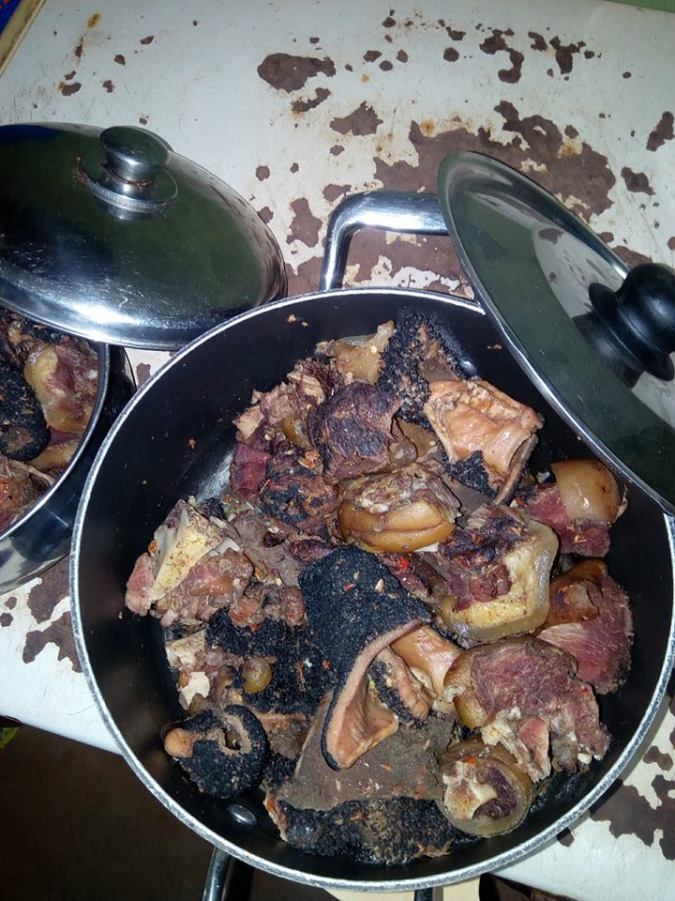 but respect truth and honesty,Aba youths turn their streets into playgrounds in honor to “No Election day” aka “Ofe Nsala day” in Anambra.
but respect truth and honesty,Aba youths turn their streets into playgrounds in honor to “No Election day” aka “Ofe Nsala day” in Anambra.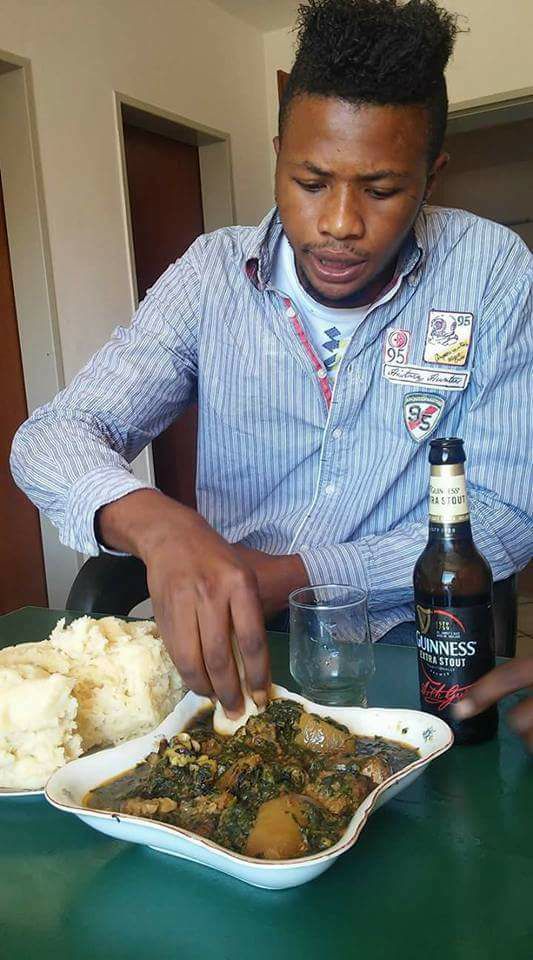 Wishing u all happy Ofensala… Oya join Biafrans to boycott every elections…
Wishing u all happy Ofensala… Oya join Biafrans to boycott every elections… Ofe Nsala girl celebrates Ofe Nsala in grand style.Ofe nsala eyego
Ofe Nsala girl celebrates Ofe Nsala in grand style.Ofe nsala eyego

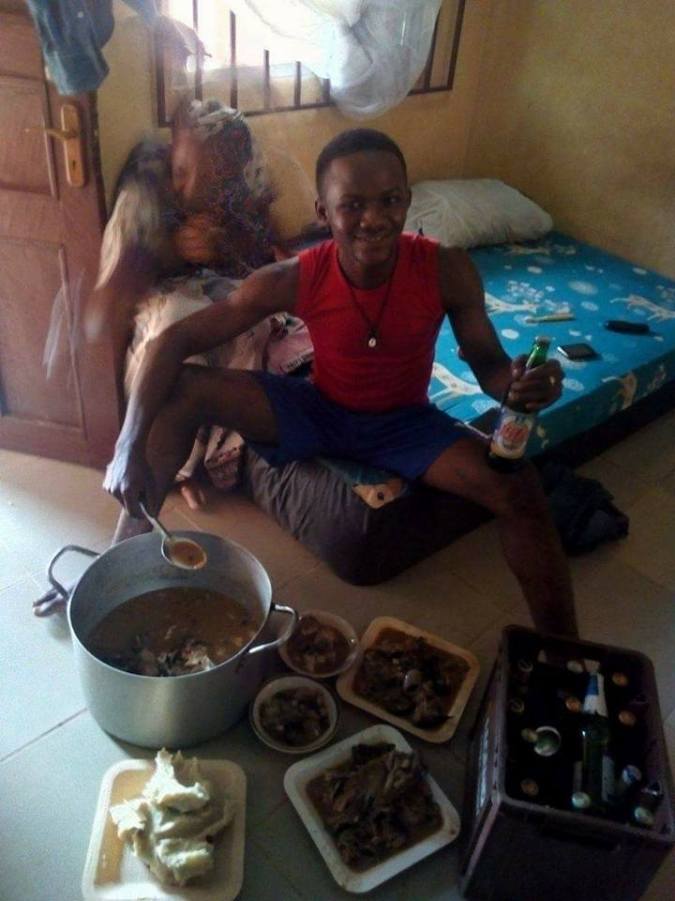 please send in pictures videos of your Soup of the Day with hashtag
please send in pictures videos of your Soup of the Day with hashtag 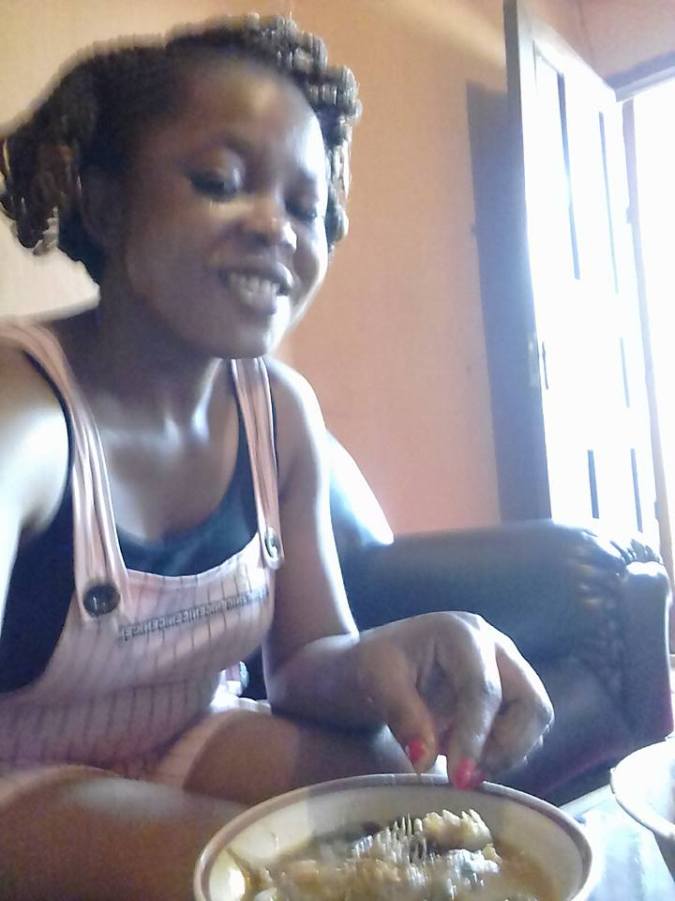 ,Enjoying my ofe nsala, ,,can’t afford to miss this,,,,,,,,Thanks You Nnamdi Kanu,IPOB members eating their ofe nsala.
,Enjoying my ofe nsala, ,,can’t afford to miss this,,,,,,,,Thanks You Nnamdi Kanu,IPOB members eating their ofe nsala. And with no care in the world about the election.Bring ur plate come ooooo our sister
And with no care in the world about the election.Bring ur plate come ooooo our sister  We are winning the war.like and share ,this is great history day in Biafra land and Africa and the World,
We are winning the war.like and share ,this is great history day in Biafra land and Africa and the World,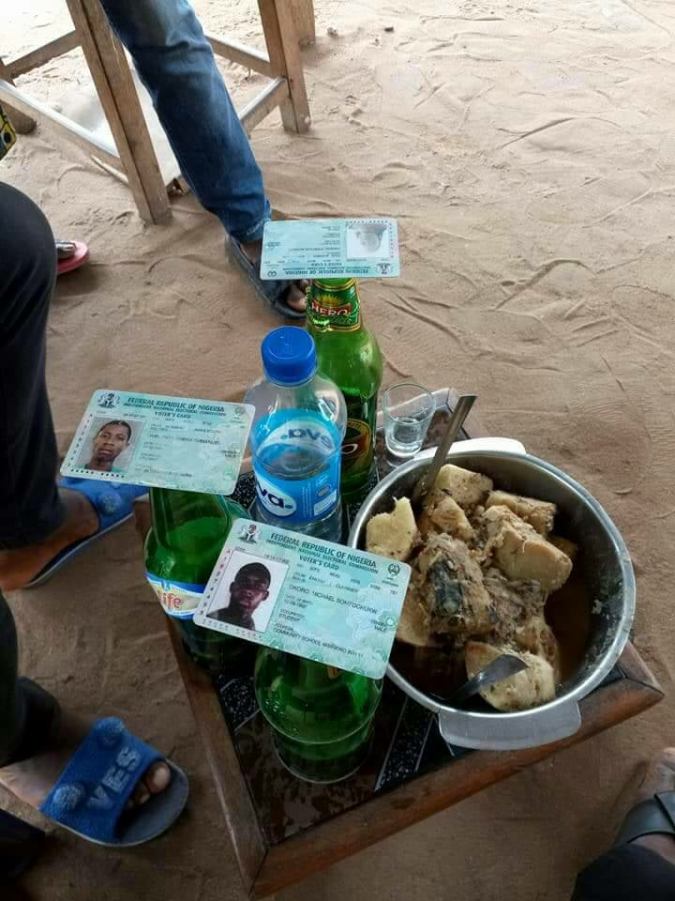 this is amazing,everyone if at home eating Ofe Nsala.some voters decided to vote for Ofe Nsala ,
this is amazing,everyone if at home eating Ofe Nsala.some voters decided to vote for Ofe Nsala , this is amazing,like and share,follow our Page,like and share,
this is amazing,like and share,follow our Page,like and share,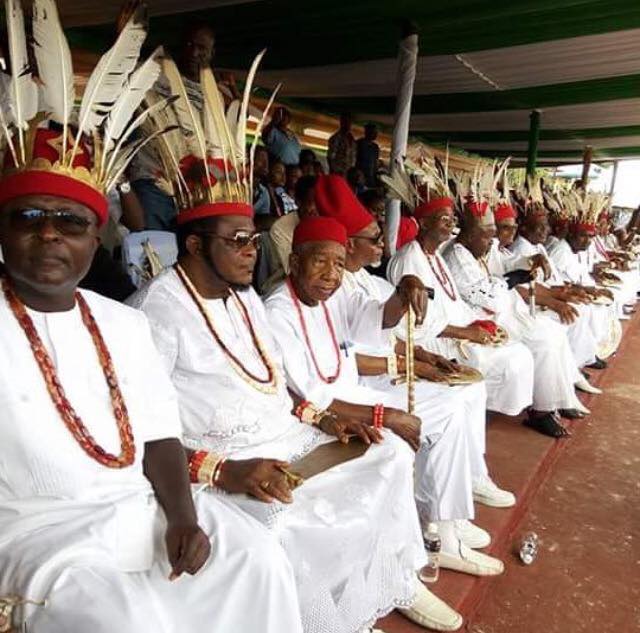
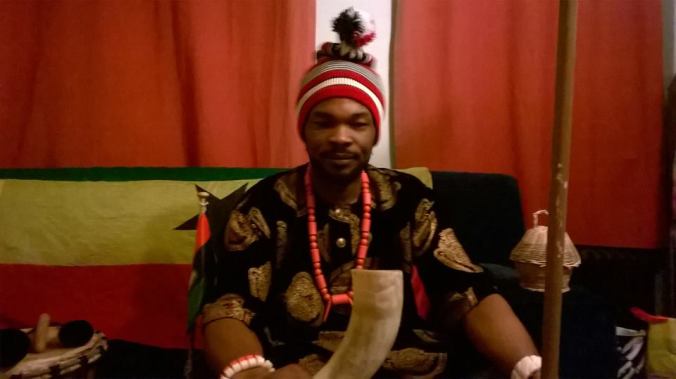
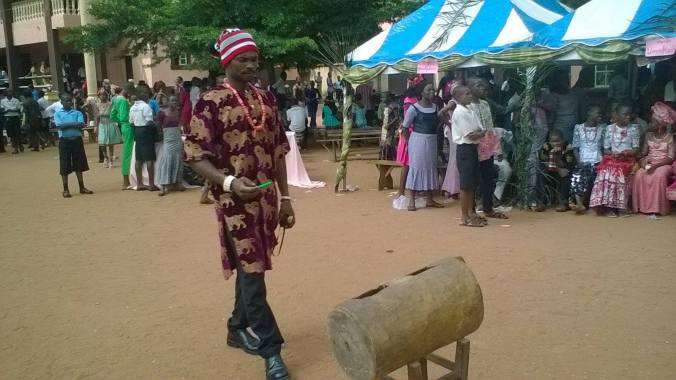
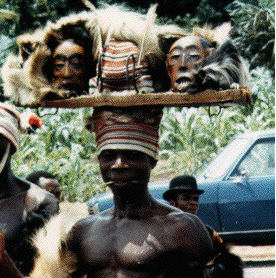 because the slave buyers knows what they want and be able to deceive some elders.but the elders keep regrating and Igbo land is now the way it is today. because they sold their own neighbours to slave,all Igbos are not Black Smiths,and all Biafrans are not Black Smiths,
because the slave buyers knows what they want and be able to deceive some elders.but the elders keep regrating and Igbo land is now the way it is today. because they sold their own neighbours to slave,all Igbos are not Black Smiths,and all Biafrans are not Black Smiths,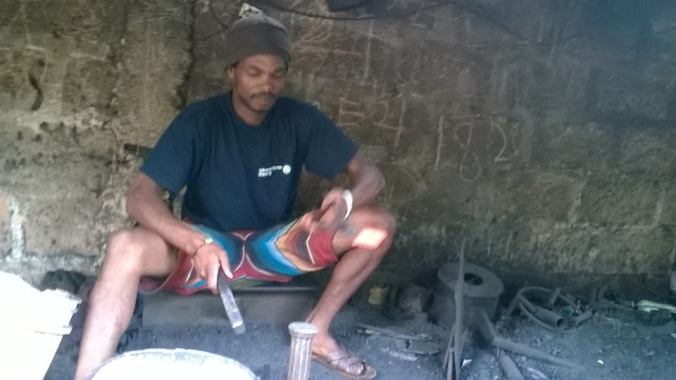 We the Black Smiths of Biafra,Igbos are still existing in Biafra Land,but Igbos do not want to tell their original stories,histories,some choose to replace it with bible,instead of the real history, still existing and we will make Igbo land as it once was.but the truth must be told and not lie.truth is life.what people are looking for is there.Chinonso.God is near .are we ready to reconcile the people?are we ready to say sorry amends some mistakes and move on.?ihe ukwu mere.mana ihe ukwu kpe azu.azu Bu Ike.Ikechukwu.Chukwubuike.Ejike,Emenike,Obumuneme,Mmadueme,Anadueme,Udoneme,Mmuoneme,Chukwuneme,Anazodo,Anazoba,Anagbaaogu.
We the Black Smiths of Biafra,Igbos are still existing in Biafra Land,but Igbos do not want to tell their original stories,histories,some choose to replace it with bible,instead of the real history, still existing and we will make Igbo land as it once was.but the truth must be told and not lie.truth is life.what people are looking for is there.Chinonso.God is near .are we ready to reconcile the people?are we ready to say sorry amends some mistakes and move on.?ihe ukwu mere.mana ihe ukwu kpe azu.azu Bu Ike.Ikechukwu.Chukwubuike.Ejike,Emenike,Obumuneme,Mmadueme,Anadueme,Udoneme,Mmuoneme,Chukwuneme,Anazodo,Anazoba,Anagbaaogu.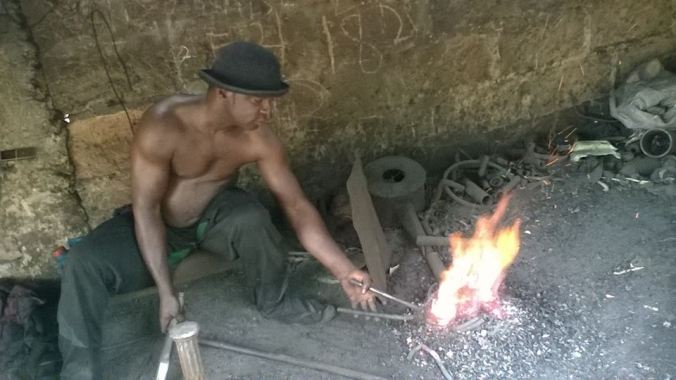
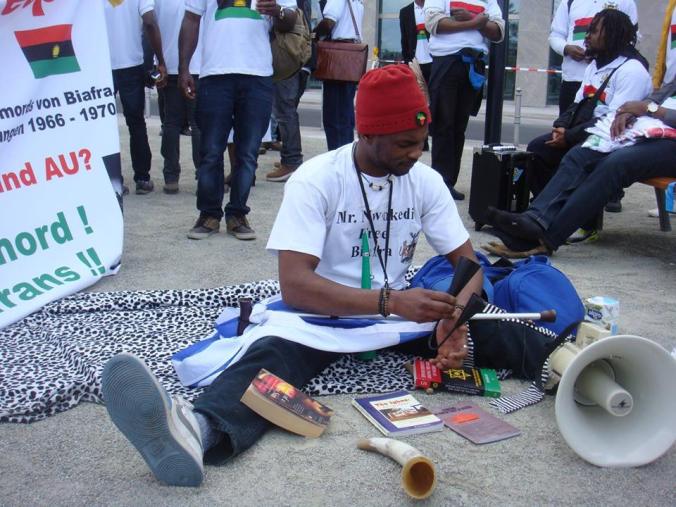 ,,THERE IS STILL A LOT O
,,THERE IS STILL A LOT O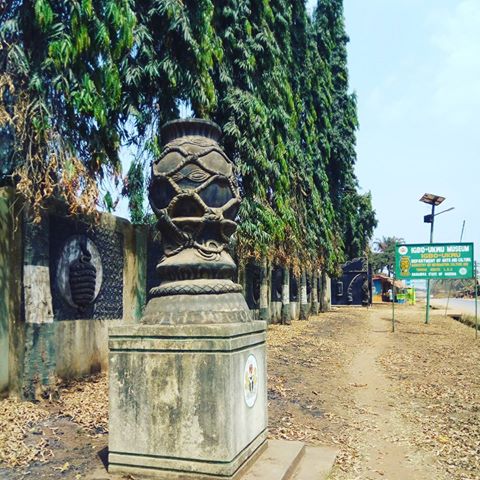 there is needs that we need Biafra,our Elders have abandoned their children in seperates churches and they are reading bible talking bible,and their elders have been doing politics and playing game,but more important thing is that those who feel like Traditional Nwokedi ,those who feels the pain of all we lost will restore our herritages,
there is needs that we need Biafra,our Elders have abandoned their children in seperates churches and they are reading bible talking bible,and their elders have been doing politics and playing game,but more important thing is that those who feel like Traditional Nwokedi ,those who feels the pain of all we lost will restore our herritages,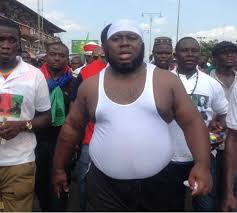
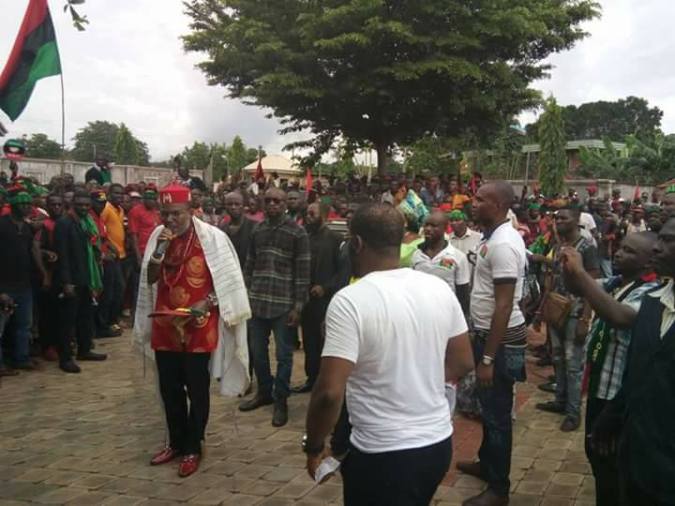
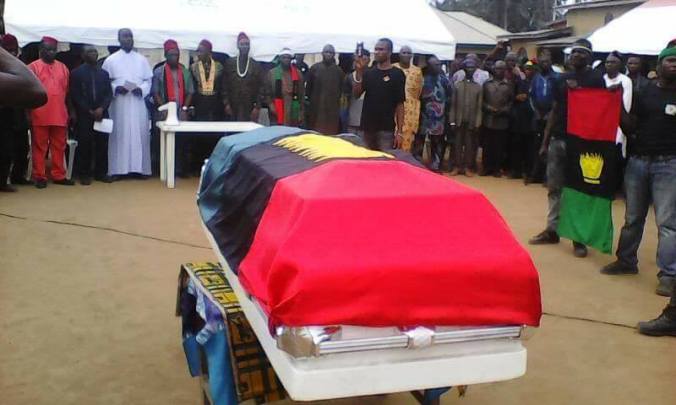
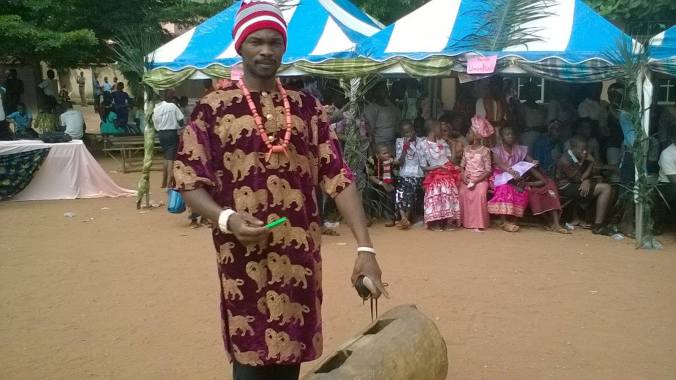
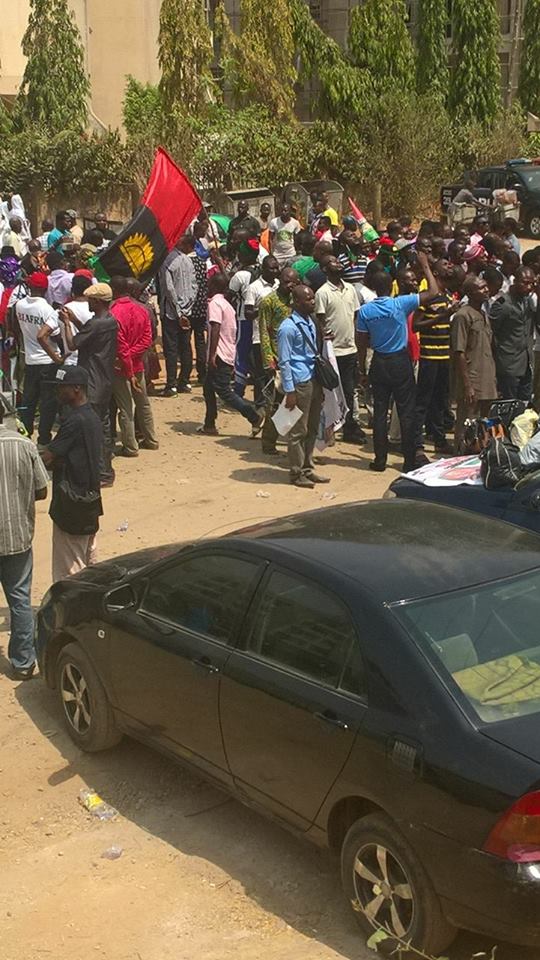
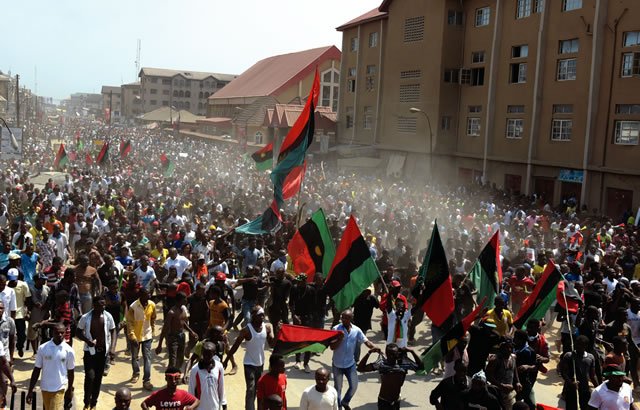
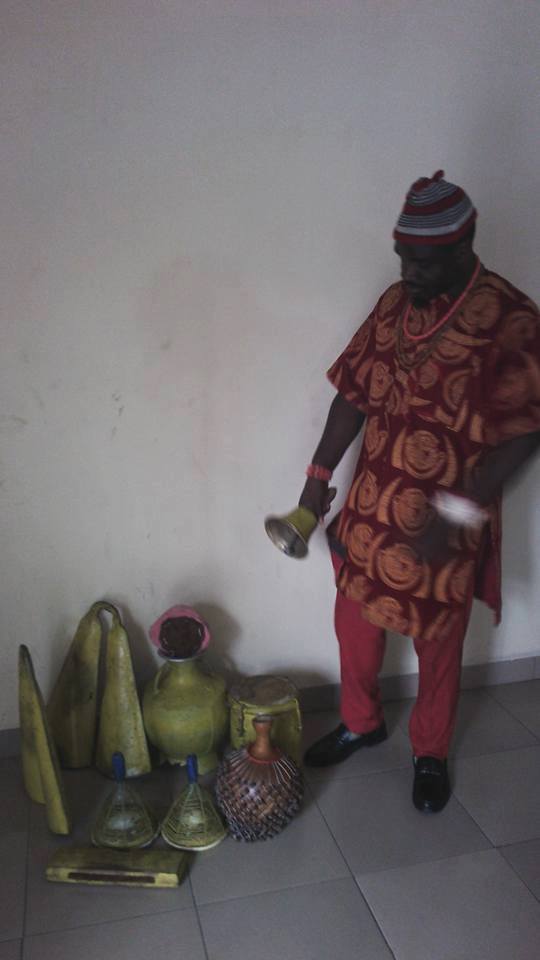
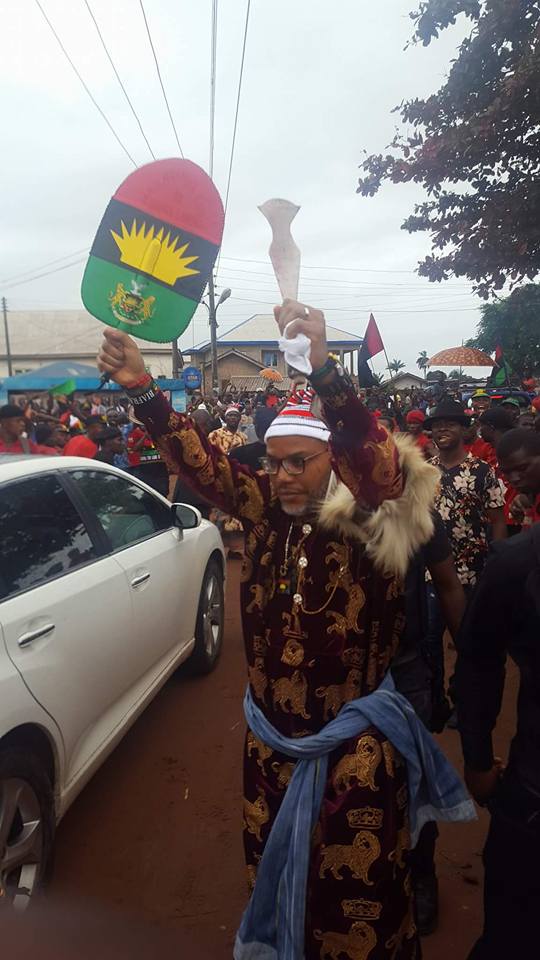
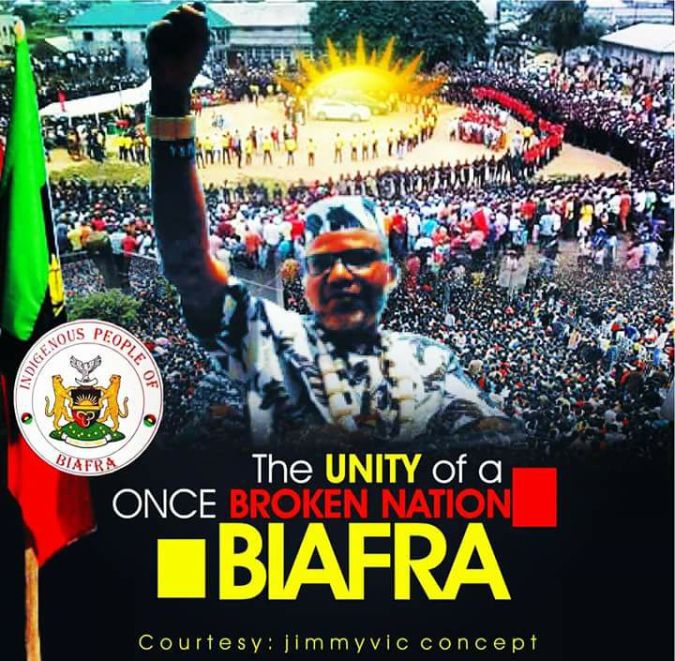
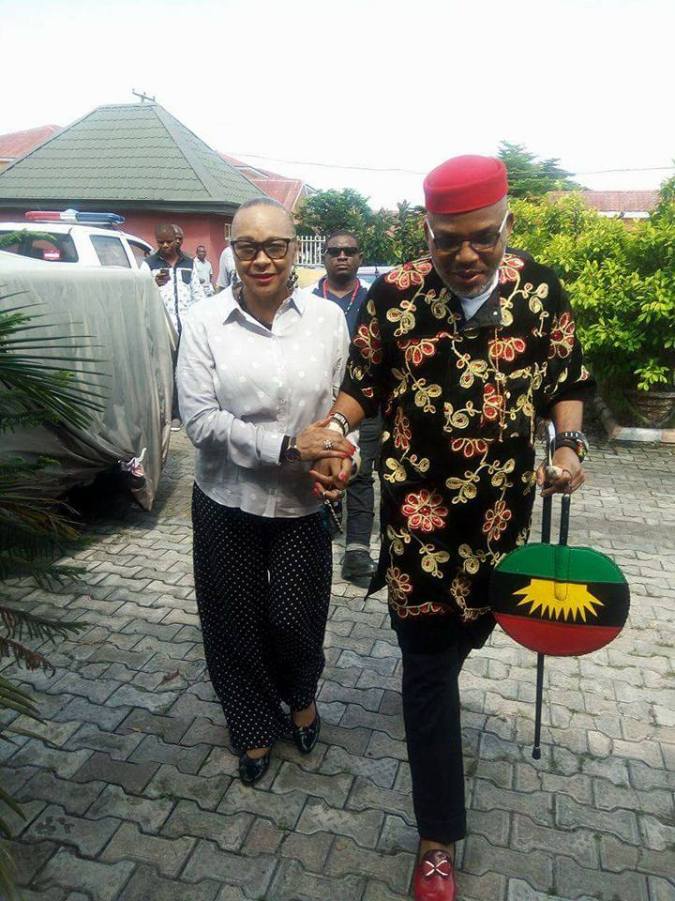
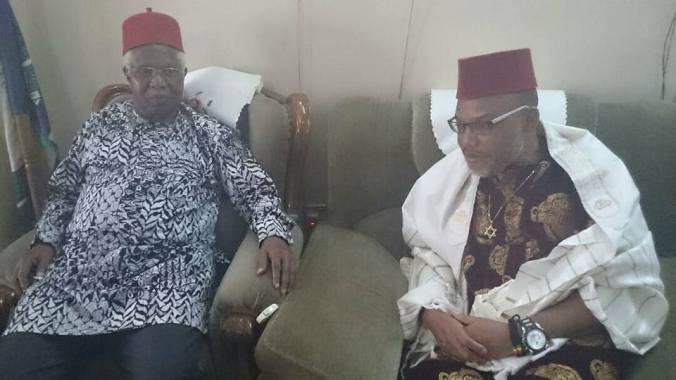
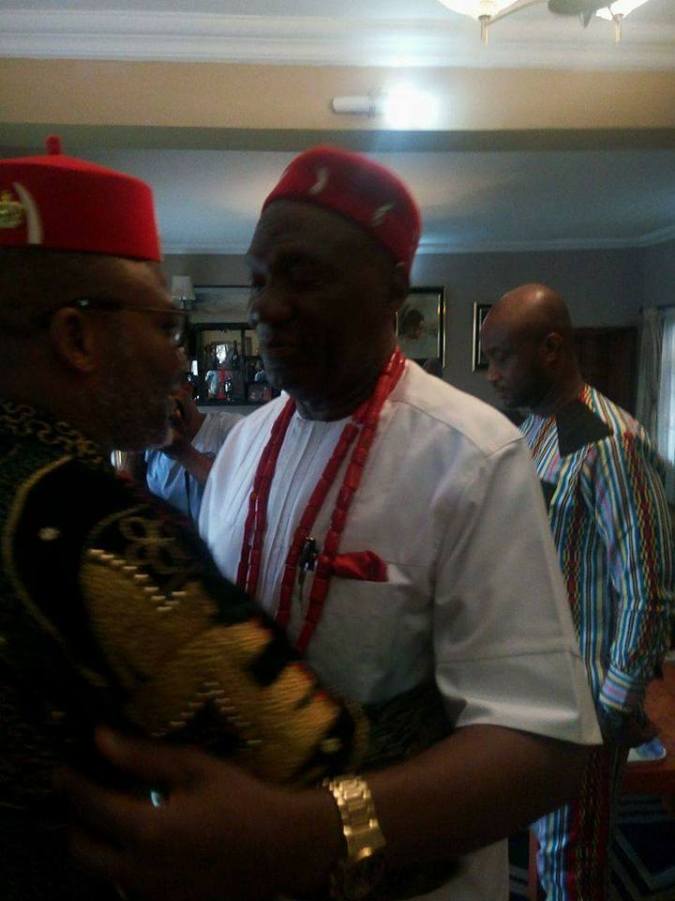
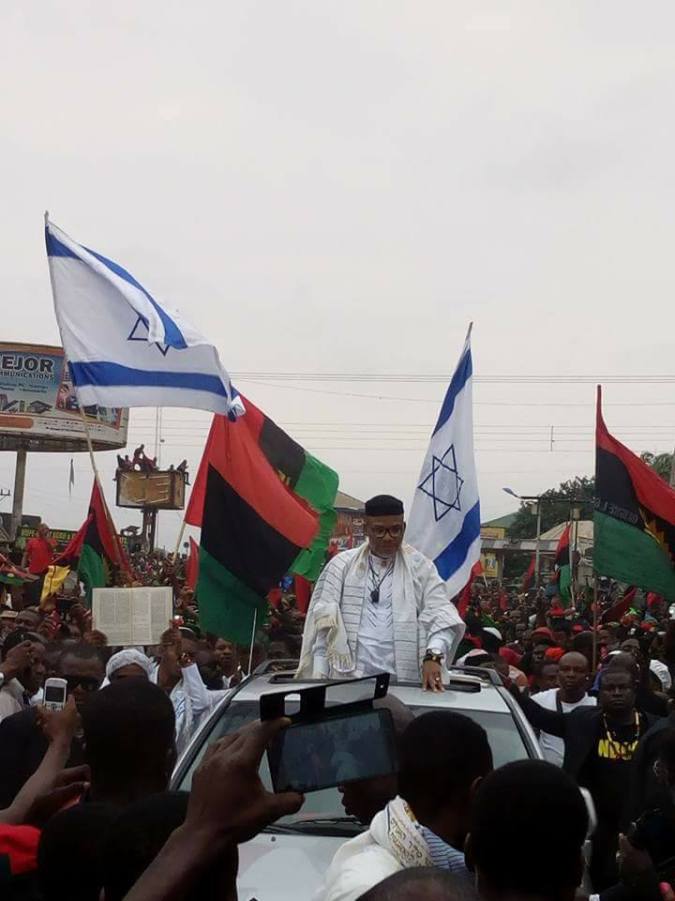
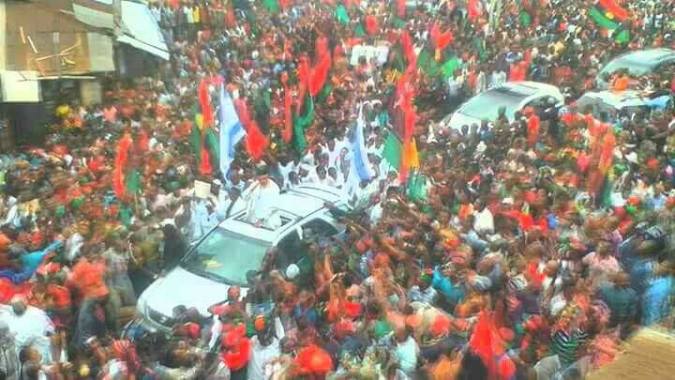 Direct order has been given by our leader Mazi Nnamdi Kanu……Dont wait for order from any other person even from deputy… This is direct order from Mazi Nna
Direct order has been given by our leader Mazi Nnamdi Kanu……Dont wait for order from any other person even from deputy… This is direct order from Mazi Nna